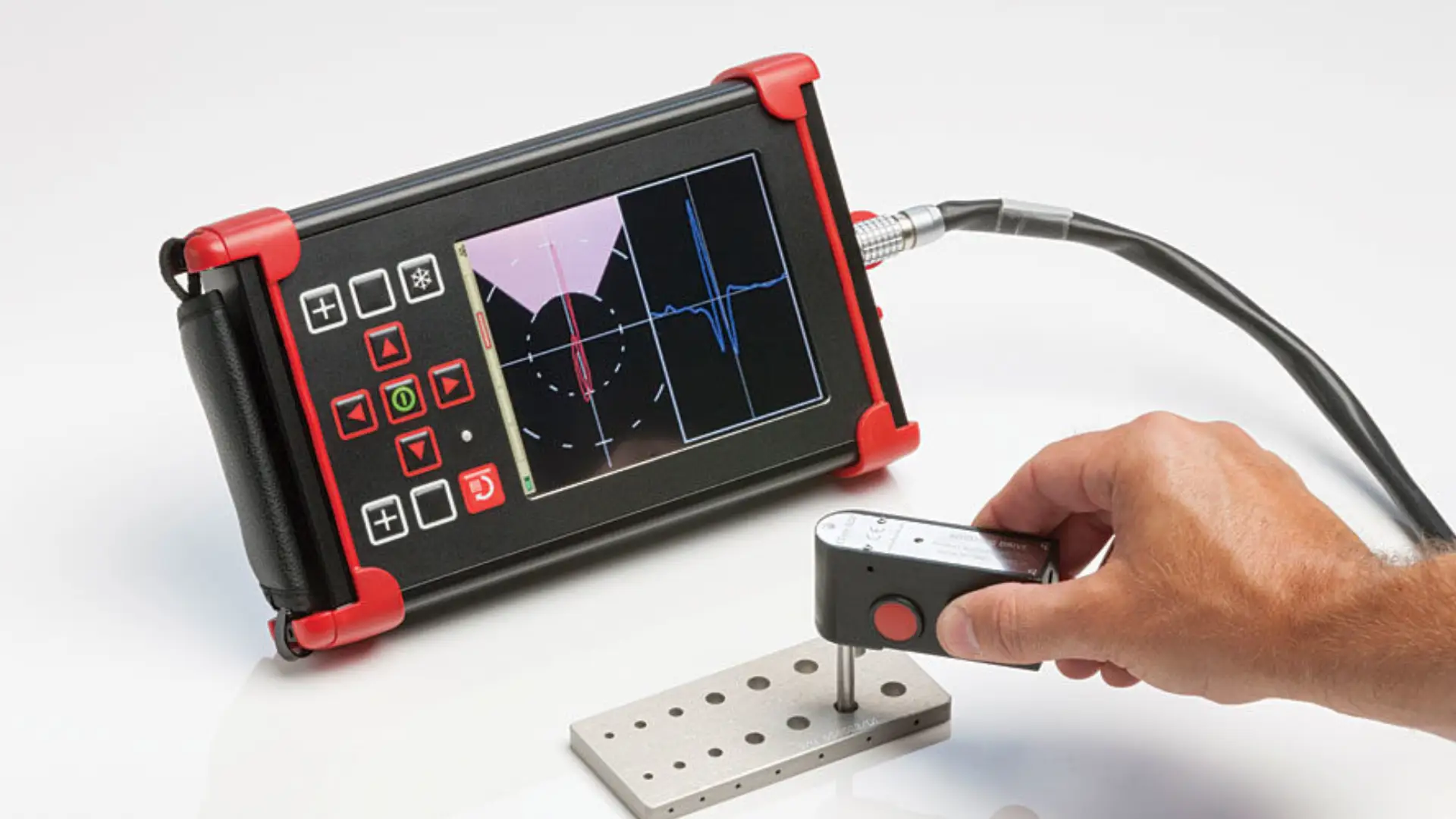Applications of Eddy Current Testing
Eddy current testing is a non-destructive testing technique used for material testing, primarily to detect surface and near-surface defects in conductive materials. It operates based on the principle of electromagnetic induction. Here’s how eddy current testing is applied for material testing:
Corresponding pictures required for each of the following points
Defect Detection: Eddy current testing can identify a range of defects such as cracks, pits, corrosion, and variations in material thickness. When the eddy current probe passes over a defect or irregularity, it causes changes in the electromagnetic field, which are detected and analysed to determine the presence, location, and size of the defect.
Material Characterization: Eddy current testing can also be used to assess material properties, including electrical conductivity and magnetic permeability. By analysing the phase and amplitude of the eddy current response, it’s possible to gather information about the material’s composition and structure.
Heat Treatment Monitoring: Eddy current testing can monitor the effects of heat treatment processes on materials. Changes in material properties due to heat treatment, like hardness variations, can be detected using this technique.
Coating Thickness Measurement: Eddy current testing can measure the thickness of non-conductive coatings on conductive materials. As the probe passes over the coated surface, changes in impedance occur due to the coating’s presence, allowing for accurate measurement.
Sorting and Quality Control: Eddy current testing is widely used in industries like automotive and aerospace for sorting and quality control. It can quickly identify defective or substandard components in a production line, ensuring that only quality products are delivered to customers.
Aerospace Industry: Eddy current testing is commonly used in the aerospace sector to inspect aircraft components like wing panels, fuselage, and engine parts. It helps ensure the integrity of critical parts and prevent catastrophic failures.
Tube and Pipe Inspection: Eddy current testing is employed to inspect tubes and pipes for defects, corrosion, or wall thickness variations. This is especially crucial in industries such as oil and gas, where pipes are subjected to demanding conditions.
Automotive Industry: Eddy current testing is utilized in the automotive industry to assess the integrity of various components such as engine parts, suspension components, and fasteners.
Electronics Industry: Eddy current testing can be applied in electronics manufacturing to detect defects in conductive traces on circuit boards or the presence of foreign particles.
Rail and Transportation Industry: Eddy current testing is used to inspect railway tracks, wheels, and other components for defects that could impact safety and performance.
In summary, eddy current testing finds broad applications across industries for the inspection and quality control of materials and components. It offers fast, accurate, and non-destructive insights into the condition and characteristics of conductive materials, making it an essential tool for ensuring safety and reliability.

